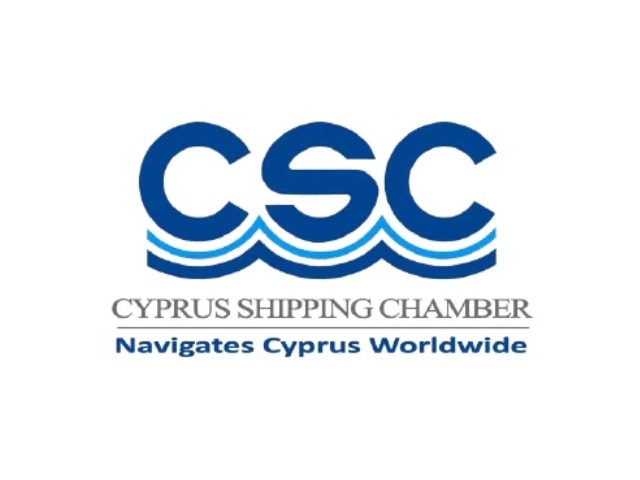European Commission’s Fit for 55 Package: Chamber expresses concern about the effectiveness of the proposed measures and their impact on European shipping, welcomes however the recognition of the role of the commercial operator in shipping’s decarbonisation.
The Chamber fully recognizes the need for immediate action to face the climate crisis. However, the shipping related proposals issued by the European Commission last week, as part of their “Fit for 55” package to address the climate crisis, may prove ineffective and at the same time greatly impact European shipowners and undermine global efforts to meet the required environmental objectives.
The inclusion of shipping in the EU ETS and the FuelEU Maritime proposals in the package, while intended to accelerate the sector’s energy transition to cleaner fuels do not ensure that absolute emissions reductions will be achieved.
The decarbonisation of the shipping industry is a global and not a regional challenge and as a regional market-based measure, the EU ETS will seriously undermine the ongoing international efforts and negotiations at IMO towards the sector’s decarbonisation. It could lead to retaliatory similar measures by major economies outside the EU thereby weakening the possibilities for a global solution for the shipping industry.
The very complex characteristics of the shipping industry, with numerous ship types, trades, contractual relationships and stakeholders involved, make the ETS with a fluctuating carbon price, a system that will negatively impact the many small and medium sized shipowners who form the backbone of European shipping.
Furthermore, generated revenues should support the sector’s energy transition. It is important that revenues from the ETS should be used to support investment in research and development as it is acknowledged by all that decarbonisation will only be possible with the development of fuels and technologies that do not currently exist.
It should also be recognized that shipping’s decarbonisation should not fall solely on the shoulders of the shipowners, but it should be a collective effort by all stakeholders involved in the maritime transportation supply chain such as the charterers, cargo owners, fuel suppliers, engine manufacturers, ship builders and ports. In this respect the Chamber welcomes the recognition of the role of the commercial operator in the proposal for the inclusion of shipping into the EU ETS.
Regrettably also, the FuelEU Regulation, which aims to promote the market uptake of cleaner fuels that are currently not commercially available, rather than imposing a fuel mandate on fuel suppliers, as is the case with other modes of transport, unfairly targets the ship operators, who cannot be held responsible for either the quality or the availability of specified fuels.
Furthermore, the FuelEu proposal introduces a second administrative burden in addition to the MRV system, i.e. shipping companies will be subjected to a whole new separate system of reporting and verification of the carbon intensity of the fuels used onboard. This coupled with penalties for those companies that fail to meet the targets due to no fault of their own but due to the unavailability of specified fuels will further and unfairly burden the shipping industry.
Appreciating that the proposals will be considered further in the EU, the Chamber looks forward to working with the Cyprus flag, the European Parliament, the European Commission and other stakeholders in order to achieve the adoption of a pragmatic and realistic approach through the proposals. Our aim remains to develop rules that are not only environmentally ambitious in theory but also workable in practice and compatible with our industry’s international characteristics.









































